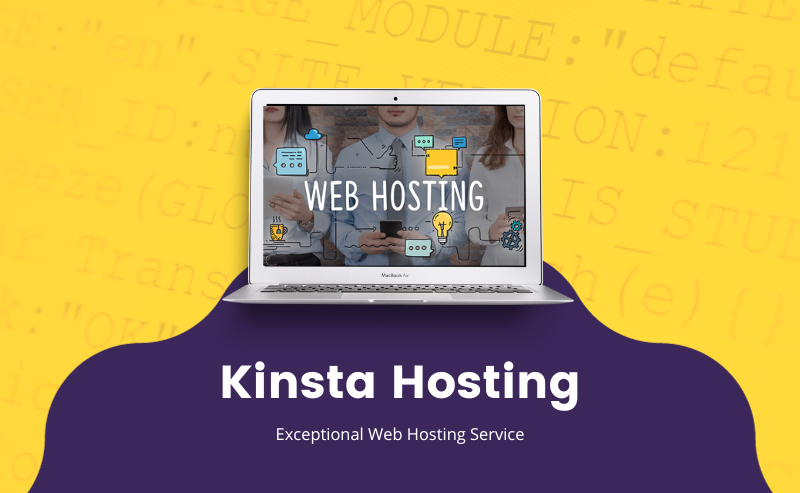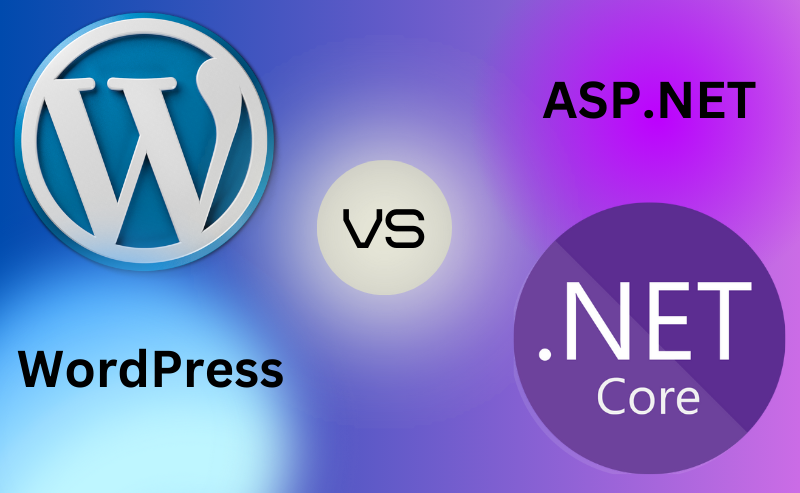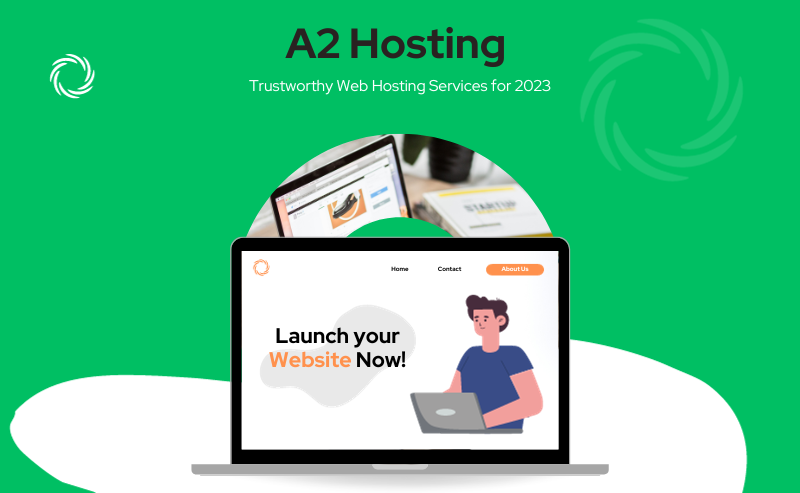If you have technical knowledge and prefer a hands-on approach, Netlify is the platform for you. It specializes in static site generation, making it ideal for developers. On the other hand, if you’re a beginner or looking for easy content creation and customization options, WordPress is the better choice. It has a user-friendly interface and dynamic site creation capabilities.
When it comes to pricing, Netlify starts at $19 per month, while WordPress offers plans starting as low as $3-5 per month. This makes WordPress a more budget-friendly option for many. In terms of security, Netlify offers advanced features such as git integration, while WordPress has its own security measures in place to protect user data and websites.
To sum up, the decision between Netlify and WordPress depends on your specific needs and preferences. Consider factors such as your technical proficiency, desired functionality, and budget before making a decision. If you’re interested in exploring other options, A2 Hosting and BlueHost are both excellent, compatible hosts with WordPress.
What Are The Key Differences Between Netlify and WordPress?
The key differences between Netlify and WordPress lie in their core offerings and functionalities.
Netlify is a cloud-based platform that focuses on static site generation and deployment. It provides easy integration with Git and offers built-in automated deployment and continuous deployment capabilities.
On the other hand, WordPress is a content management system (CMS) that emphasizes dynamic site creation and management. It offers a wide range of themes, plugins, and customization options, allowing users to create dynamic and interactive websites.
Netlify is well-suited for developers and teams who prefer a modern development workflow, where they can leverage tools like version control systems and automated deployment to streamline their processes. It is particularly beneficial for static websites and web applications that do not rely heavily on server-side processing.
In contrast, WordPress caters to a broader user base, including individuals, businesses, and organizations of all sizes. Its user-friendly interface and extensive plugin ecosystem make it accessible to non-technical users as well.
While both platforms have their strengths, it’s worth considering other alternatives like Bluehost or A2 Hosting when deciding on the best solution for your specific needs. These hosting providers offer a variety of hosting services that can support both Netlify and WordPress, providing reliable performance and scalability for your website or application.
Can You Compare The Ease of Use and User Interface Between Netlify and WordPress?
Netlify and WordPress have different levels of ease of use and user interface. Netlify is designed for developers, providing a streamlined and intuitive interface with powerful features for deploying websites and applications. It integrates smoothly with version control systems like Git, making code management and collaboration convenient. However, it does require some technical knowledge to fully utilize its capabilities.
On the other hand, WordPress is a widely-used content management system that caters to a broader audience, including beginners and non-technical users. Its user-friendly interface allows for easy content creation and management. With a wide range of themes and plugins available, users can customize their websites without coding. WordPress also offers a visual editor for added simplicity.
Choosing between Netlify and WordPress depends on your specific needs. If you’re a developer seeking powerful deployment tools and seamless integrations, Netlify might be the better option. However, if you prioritize user-friendliness and a vast selection of plugins and themes, WordPress could be the more suitable choice. It’s also worth considering hosting alternatives like Bluehost or A2 Hosting, which offer solutions compatible with both Netlify and WordPress.
How Does The Pricing for Netlify Compare with WordPress?
The pricing for Netlify and WordPress can vary greatly. Netlify has a range of pricing options, including a free tier for basic websites and paid plans starting at $19 per month. These paid plans offer additional features like form handling and identity services. On the other hand, WordPress is a CMS that can be self-hosted or hosted on different platforms. While the WordPress software itself is free, the cost of hosting a WordPress site depends on the hosting provider you choose. Providers like Bluehost or A2 Hosting offer affordable plans starting at around $3 to $5 per month. Ultimately, it’s important to consider your specific needs and budget when comparing Netlify and WordPress pricing.
Could You Explain The Security Features of Netlify vs WordPress?
Netlify and WordPress have different security features that cater to different needs.
Netlify, a static site generator, offers a highly secure environment by default. It uses pre-rendered files served directly from a global content delivery network (CDN), which reduces the attack surface. Netlify also provides built-in SSL certificates, continuous monitoring, and automatic backups.
WordPress, on the other hand, requires additional security measures as it is a content management system (CMS). While it offers various security plugins and features like user authentication and role-based access control, it is more vulnerable to attacks due to its dynamic nature. Regular updates and maintenance are necessary to mitigate security risks.
To enhance security on WordPress, you can consider using managed WordPress hosting services such as Bluehost or A2 Hosting. These providers offer robust security measures like firewalls, malware scanning, and proactive threat detection. They also provide automatic updates and backups to safeguard your website’s data.
In conclusion, the choice between Netlify and WordPress depends on your specific needs and priorities. However, by considering additional security-focused hosting services, you can further protect your website and data.
What Are The Benefits and Drawbacks of Using Netlify vs WordPress for Creating a Website?
Netlify benefits:
– Simple and easy to use
– Quick deployment of static websites
– Smooth development workflow
– Automatic build and deploy
– Version control integration
– Easy collaboration
– Fast and reliable hosting with a global network of servers
WordPress benefits:
– Offers a robust and flexible platform
– Vast array of themes and plugins for customization
– Unlimited options for functionality
– Large and active community for support and resources
Netlify drawbacks:
– Limited customization options compared to WordPress
– May not be suitable for websites requiring advanced features
– Requires less technical expertise to set up and maintain
WordPress drawbacks:
– More technical expertise may be required to set up and maintain compared to Netlify
– Can be more complex for beginners
– May have slower website load times compared to Netlify
Ultimately, the choice between Netlify and WordPress depends on your specific needs and preferences. If you prioritize simplicity and quick deployment for a static website, Netlify is a great option. If you require more advanced features and customization options, WordPress may be the better choice. Consider your technical skills, the complexity of your website, and your long-term goals when making your decision. Additionally, exploring other hosting options like Bluehost or A2 Hosting can further broaden your possibilities.
Netlify vs WordPress: Which Platform Is the Right Fit for Your Website Building Needs?
Netlify vs WordPress presents a choice between two powerful platforms, each with their own strengths and ideal use cases. Netlify shines as a modern, developer-oriented solution for static site generation and deployment, offering a fast, secure, and streamlined workflow. Its continuous integration and deployment features make it highly attractive for those looking to leverage the latest in web development practices. WordPress, on the other hand, stands out as a versatile and user-friendly content management system with a vast ecosystem of themes and plugins that cater to users of all skill levels, from beginners to advanced developers.
When choosing between Netlify and WordPress, consider factors such as the nature of your website, your technical expertise, customization needs, security considerations, and budget constraints. While Netlify is ideal for those who prefer a hands-on, code-driven approach, WordPress offers unparalleled flexibility for dynamic content management and ease of use. If neither platform seems like a perfect fit or if you’re looking for hosting services that complement these platforms, options like Bluehost or A2 Hosting may provide the compatibility and features you need.
In conclusion, whether you choose Netlify’s cutting-edge static site hosting or WordPress’s expansive CMS capabilities largely depends on your project’s requirements and your personal or organizational goals. By carefully evaluating the benefits and drawbacks of each option, you can select a platform that aligns with your vision for creating an engaging and effective online presence.



